Mercedes-Benz has long been synonymous with luxury, performance, and cutting-edge technology. The E300 Hybrid, a part of the brand’s E-Class lineup, was introduced as a way to combine the elegance and refinement of a Mercedes with the efficiency and environmental benefits of a hybrid powertrain.
However, like any vehicle, the E300 Hybrid has encountered its fair share of problems and challenges. From electrical malfunctions to mechanical breakdowns, the E300 Hybrid has not been immune to the typical problems that can plague any vehicle. Owners have reported issues with the hybrid drivetrain.
In addition, some drivers have experienced issues with the car’s infotainment system, navigation, and other technological features. We will delve into some of the most common Mercedes E300 Hybrid problems owners have reported experiencing.
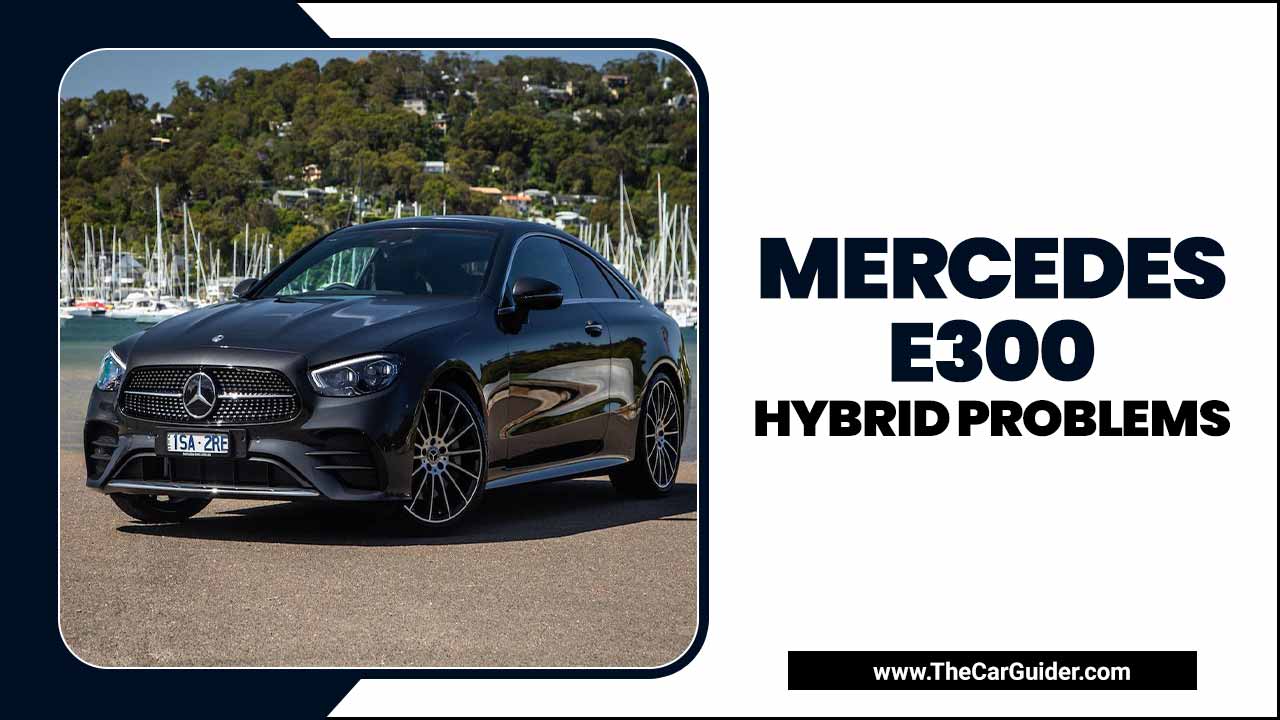
Key Takeaways:
- Mercedes E300 Hybrid combines luxury with hybrid efficiency but faces issues like battery degradation, hybrid system faults, and electrical malfunctions.
- Regular maintenance, timely repairs, and software updates can prevent the most common Mercedes E300 Hybrid problems.
- Common issues include transmission quirks, fuel efficiency drops, and costly hybrid battery replacements.
- The vehicle’s longevity depends on proper care and diagnostics.
Overview Of The Mercedes E300 Hybrid
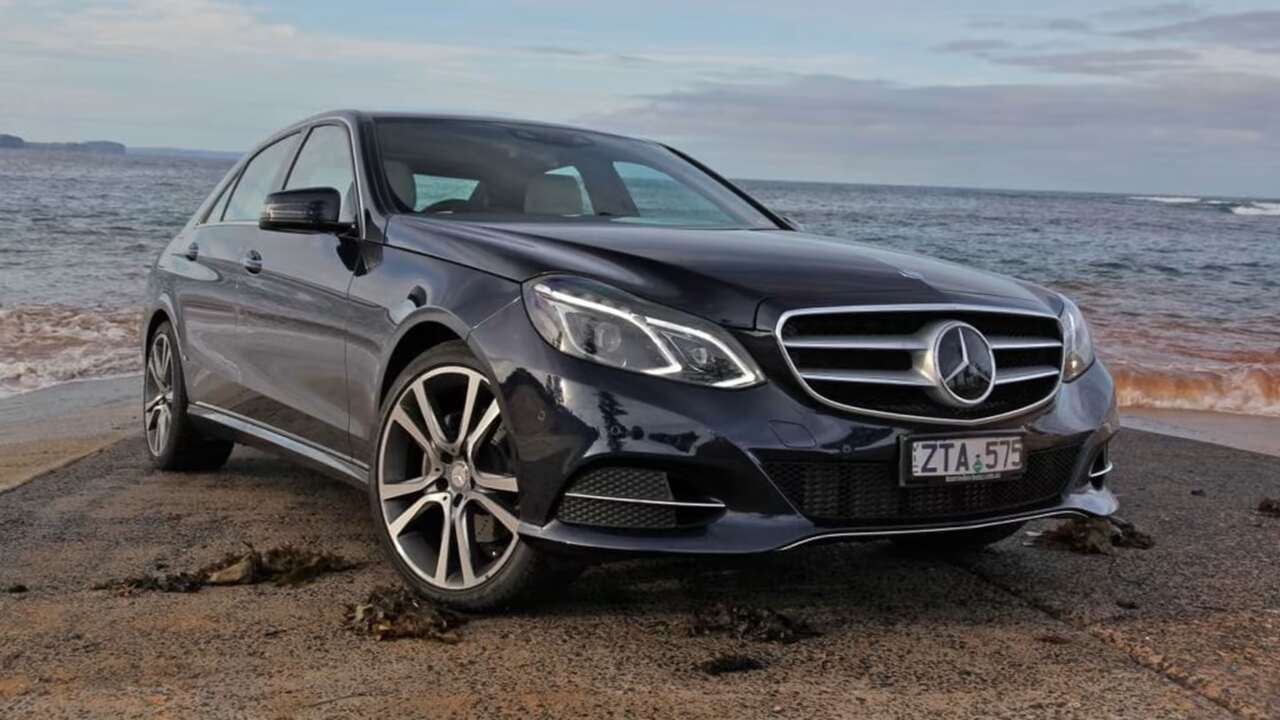
| Category | Specifications |
| Engine | 2.1-liter, 4-cylinder diesel |
| Total Power Output | 231 horsepower |
| Transmission | 7-speed automatic |
| Top Speed | 150 mph (240 km/h) |
| Combined Fuel Economy | 67.3 mpg (UK) / 56 mpg (US) |
| CO2 Emissions | 107 g/km |
| Length | 4,879 mm (192.0 in) |
| Width | 1,854 mm (73.0 in) |
| Height | 1,474 mm (58.0 in) |
| Wheelbase | 2,874 mm (113.1 in) |
| Curb Weight | 1,925 kg (4,244 lbs) |
| Seating Capacity | 5 passengers |
| Infotainment | COMAND system, navigation, Bluetooth |
Mercedes E300 Hybrid Problems – How To Fix It
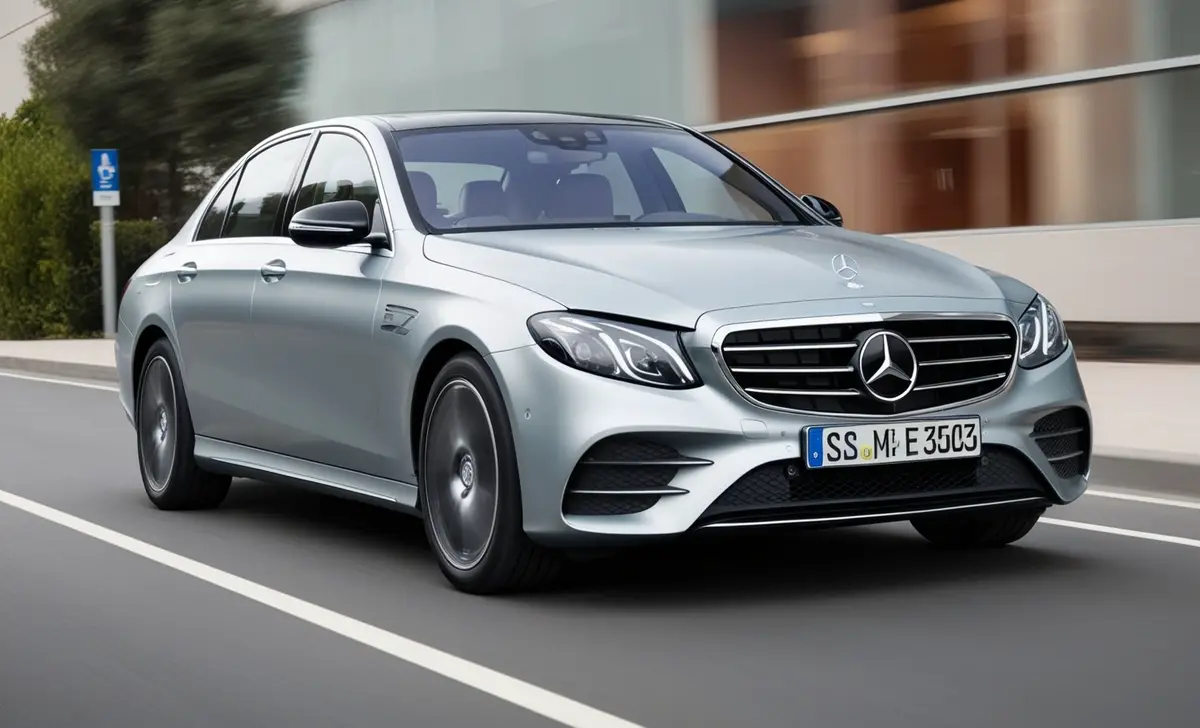
The Mercedes E300 Hybrid is a luxury sedan that combines a diesel engine with an electric motor to provide improved fuel efficiency and lower emissions compared to traditional internal combustion engine vehicles.
If you are experiencing problems with your Mercedes E300 Hybrid, it is best to first identify the specific issue before attempting any fixes. Common problems may include:
1.Battery And Electrical Issues
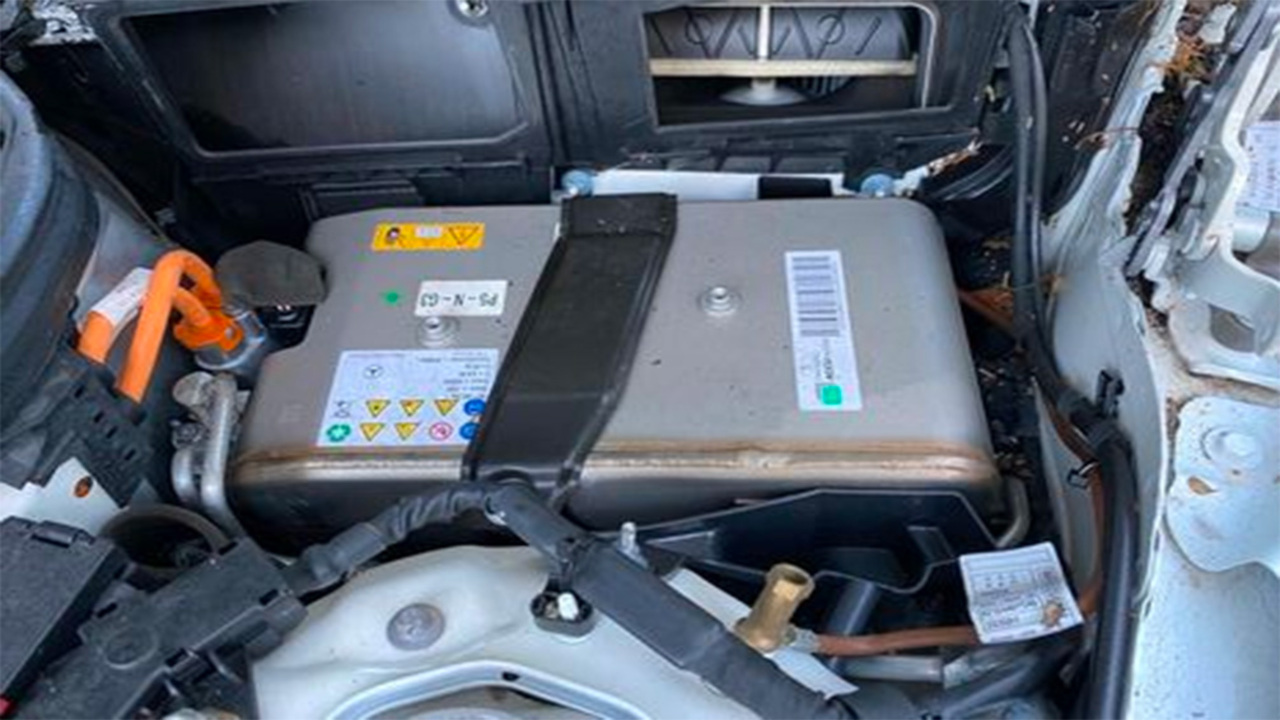
- Battery Degradation
- Charging Problems
- Electrical System Failures
The Mercedes E300 Hybrid often faces battery and electrical issues, including battery degradation, charging problems, and electrical system failures. Battery degradation leads to reduced efficiency and range, necessitating timely replacements.
Charging problems can stem from faulty charging stations or damaged charging ports, requiring diagnostics and repairs. Electrical system failures, such as malfunctioning sensors or wiring issues, disrupt vehicle operations.
Solution:
To fix these issues, regular maintenance, using authorized charging stations, and timely professional inspections are crucial. Additionally, replacing degraded batteries and faulty components can restore optimal performance and reliability.
2.Hybrid System Faults
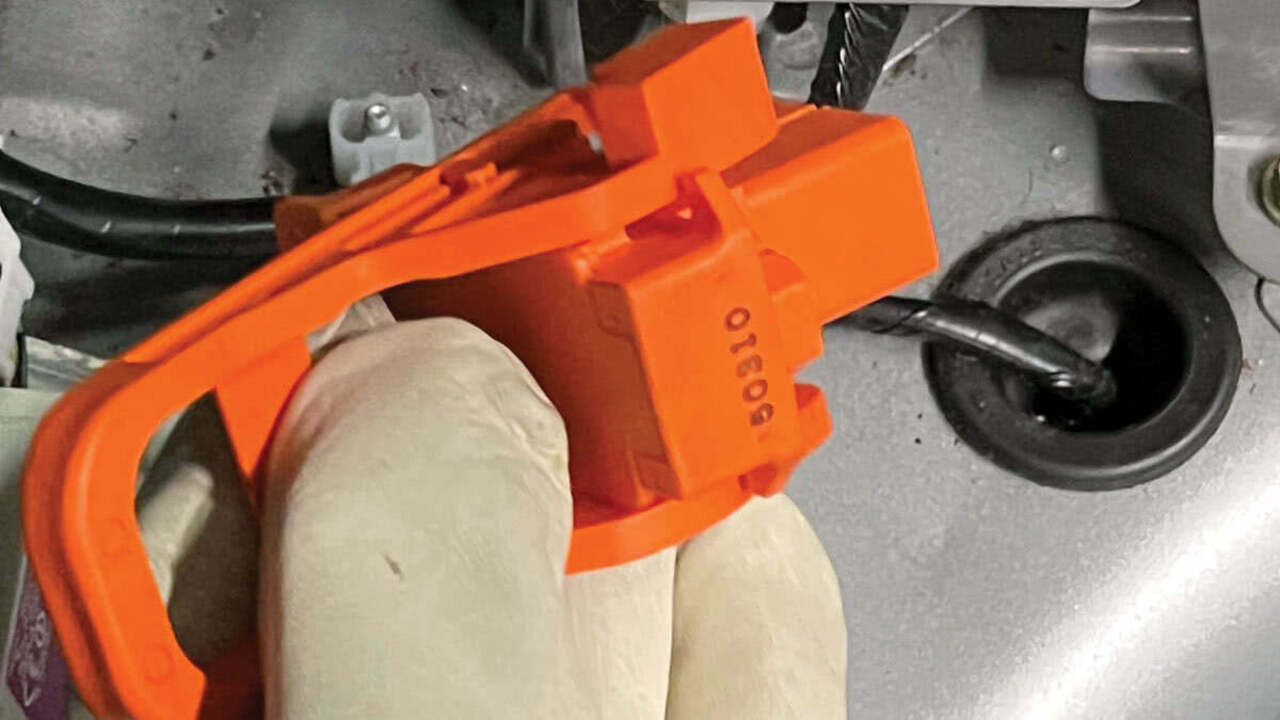
- Hybrid Drive System Errors
- Inverter Malfunctions
- Regenerative Braking Issues
3.Engine And Transmission Problems
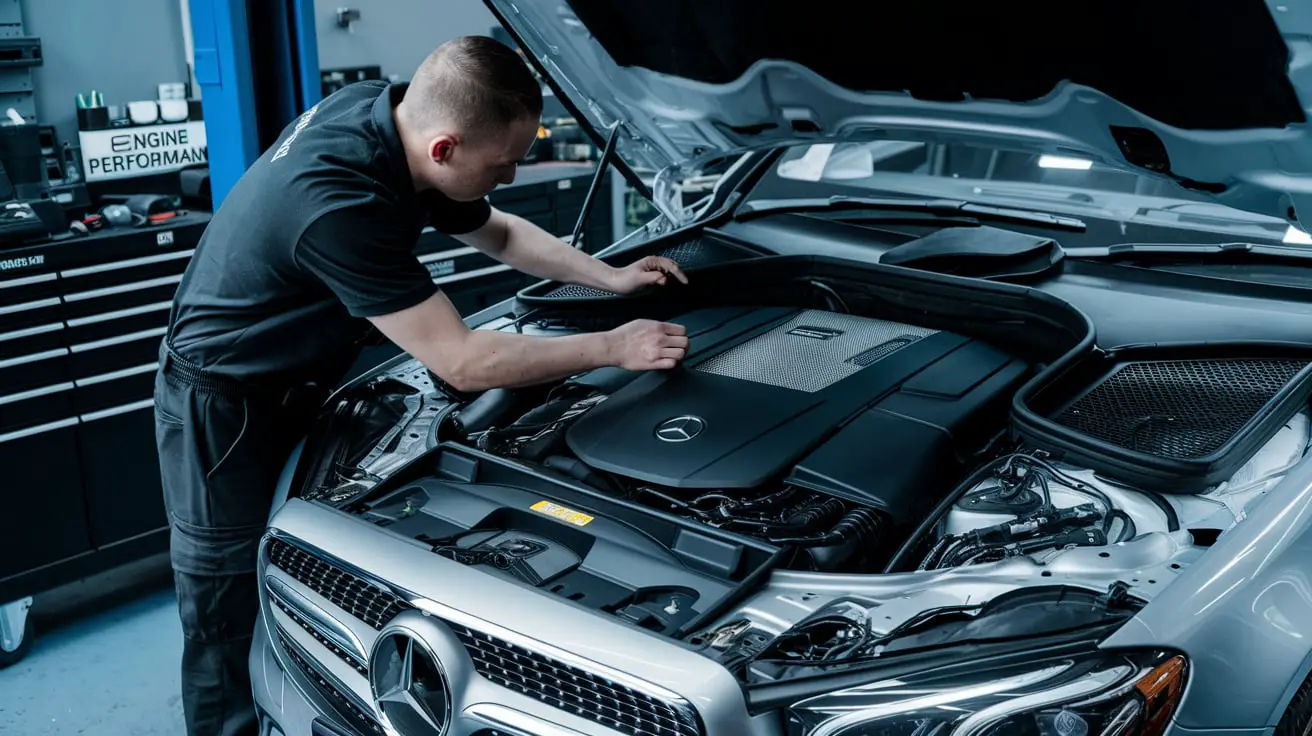
- Engine Performance
- Transmission Shifting
Engine and Transmission Problems in the Mercedes E300 Hybrid can manifest as reduced engine performance and erratic transmission shifting.
Solution:
To fix engine performance issues, regularly check and replace the air filter, ensure proper fuel quality, and update the engine control software. For transmission shifting problems, inspect the transmission fluid level and quality, and consider a fluid change if needed.
Additionally, updating the transmission control unit (TCU) software and checking for any worn or damaged components in the transmission system can help restore smooth operation.
4.Fuel Economy And Emissions
- Reduced Fuel Efficiency
- Emission Control Failures
5.Cooling System Problems
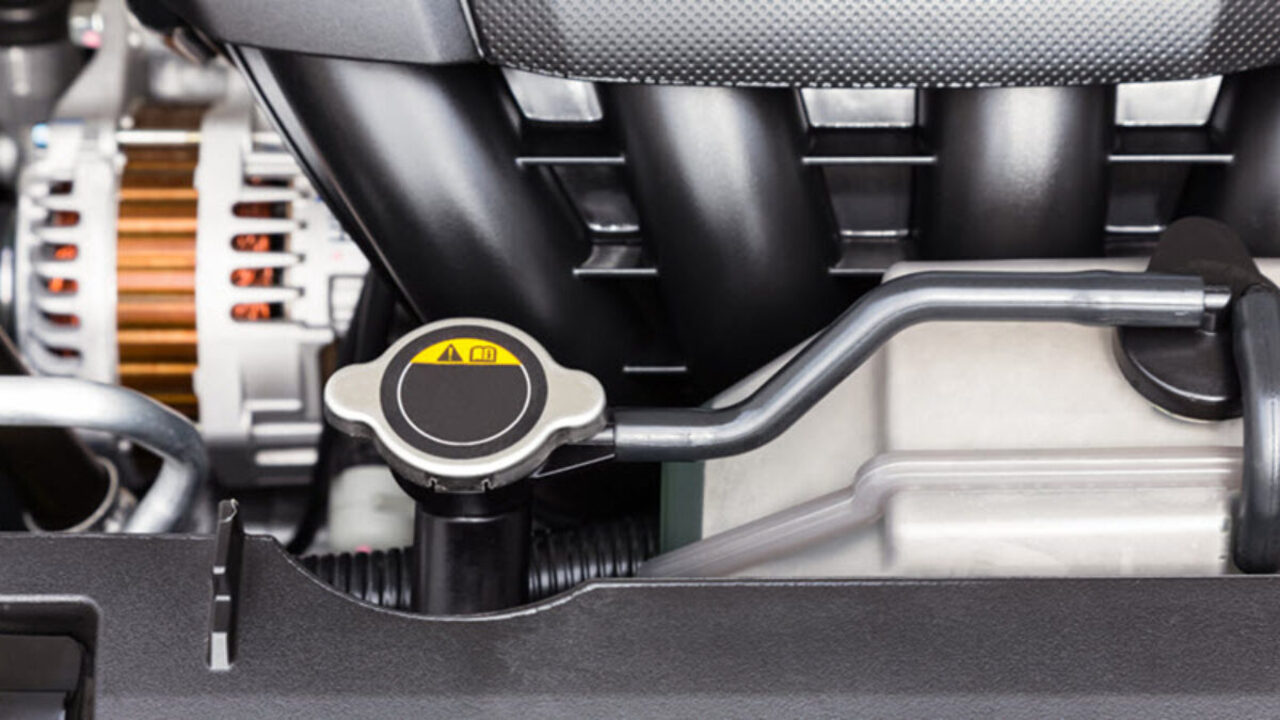
- Overheating
- Coolant Leaks
The Mercedes E300 Hybrid may experience cooling system issues, such as overheating and coolant leaks. A malfunctioning thermostat, a failing water pump, or clogged radiators can cause overheating. Coolant leaks often stem from damaged hoses, a cracked radiator, or a faulty coolant reservoir.
Solution:
To fix these issues, check and replace any faulty components, ensure the coolant level is adequate, and inspect the entire cooling system for leaks. Maintenance, including coolant flushes and system inspections, can help prevent these problems and ensure the cooling system operates efficiently.
6.Software And Control System Issues
- Software Updates
- Control Unit Failures
The Mercedes E300 Hybrid can encounter software and control system issues, such as outdated software and control unit failures.
Solution:
Regular software updates are essential to fix bugs and improve system performance. Ensure your vehicle’s software is up to date by visiting a certified Mercedes-Benz service center. Control unit failures can affect various hybrid functions, leading to performance problems.
Diagnosing and replacing faulty control units may require specialized equipment and expertise, making professional servicing crucial. Addressing these issues promptly ensures optimal performance and longevity of your E300 Hybrid.
Maintenance And Repair Challenges
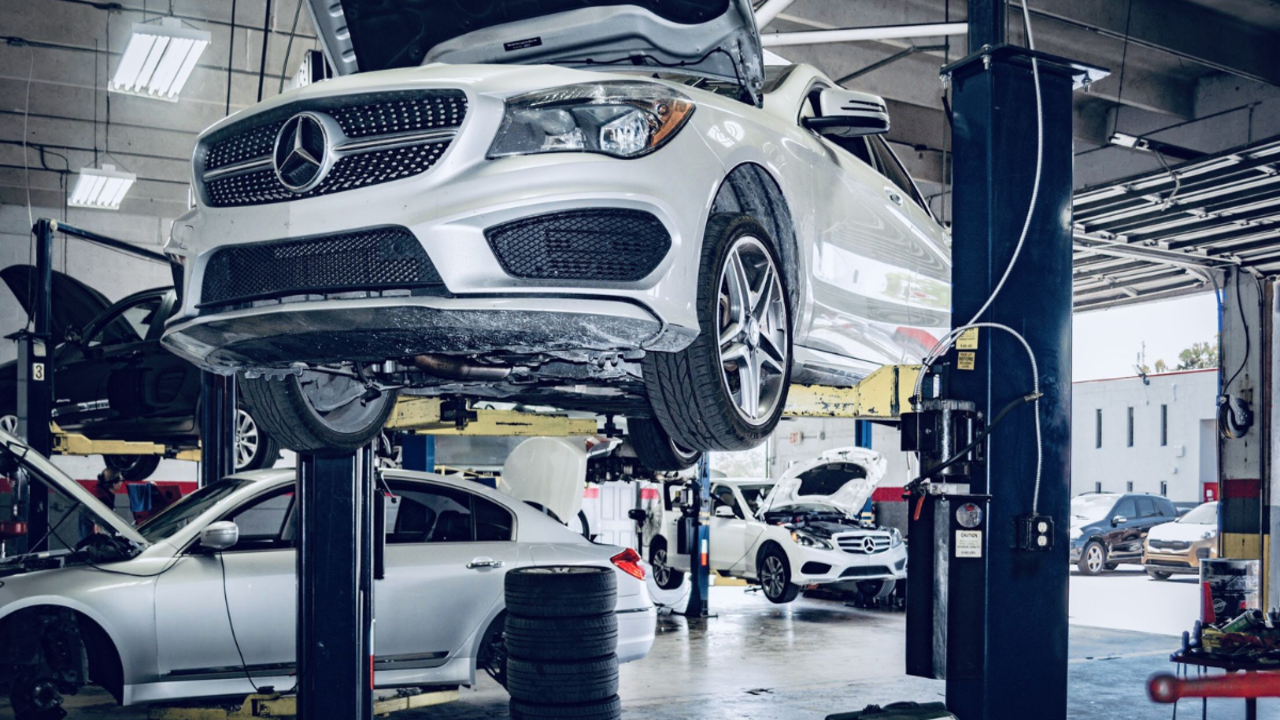
- Electric power issues often stem from the high voltage (HV) battery.
- Regularly check the power electronics module for optimal performance.
- The adaptive cruise control can malfunction, triggering fault codes.
- Watch for a failing auxiliary battery, a common problem in hybrids.
- Hybrid-specific repairs can be costly, especially with repair costs for HV battery or hybrid powertrain components.
- Issues with the ignition system may occur, affecting the combustion engine and hybrid mode.
- Using forums like the Fora platform can provide insights into car problems from rivals and others.
- Maintaining this luxury sedan ensures it stays ahead of competitors like the Dodge Ram.
- Regular servicing of hybrid cars prevents issues and prolongs the life of the petrol engine and electric components.
How To Prevent Issues With The Mercedes E300 Hybrid?
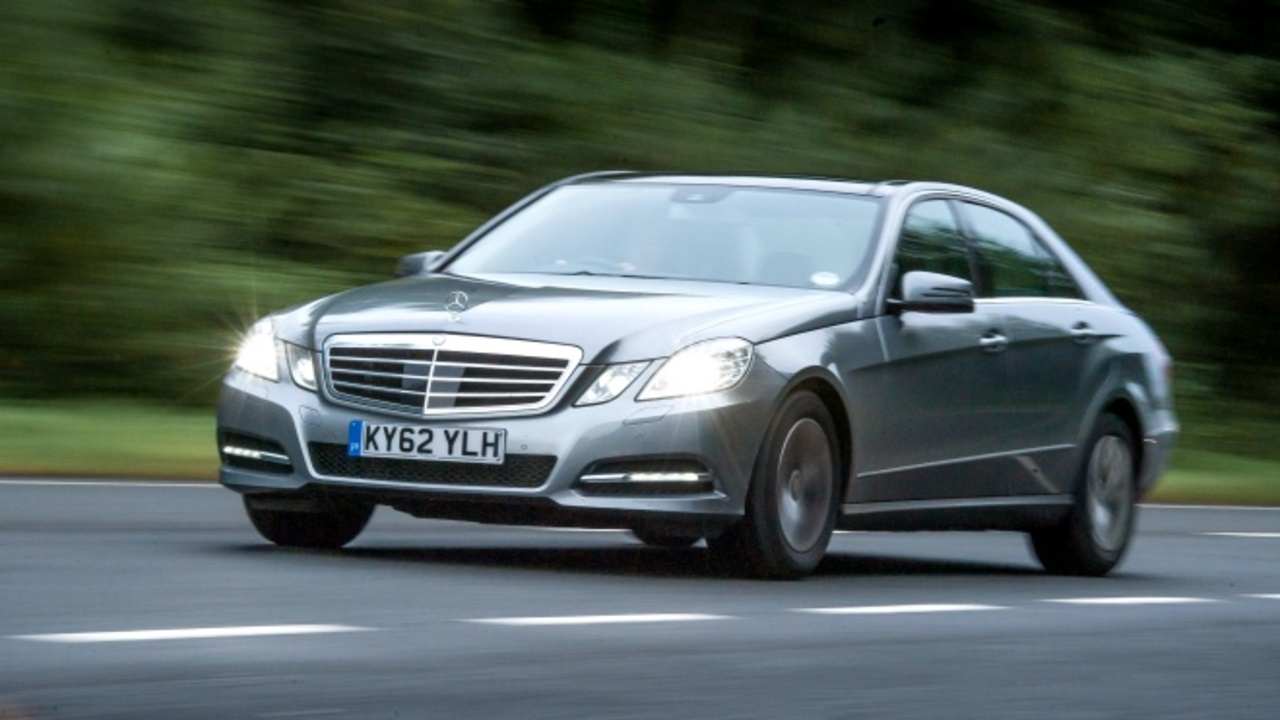
Conclusion
The Mercedes E300 Hybrid has garnered mixed car reviews, with particular concerns surrounding the transmission and diesel-related issues. The E300 Bluetec Hybrid, though innovative, may present challenges in these areas, requiring careful consideration before purchase.
Understanding potential problems associated with this model is crucial for informed decision-making. Whether it’s addressing transmission quirks or diesel-specific complications, being aware of these factors can help mitigate future headaches.
Prioritize thorough research and expert assessments to navigate the complexities of the E300 Hybrid effectively. Stay informed to make the best choice for a smooth driving experience.
Frequently Asked Questions
1.Is Mercedes E 300 Hybrid Reliable?
The Mercedes E 300 Hybrid is generally considered to be reliable based on owner reviews and industry data. Its combination of advanced hybrid technology, solid build quality, and reputable Mercedes engineering contribute to its overall reliability.
2.How Long Does Battery Last In E300?
The battery life of the Mercedes E300 hybrid depends on various factors such as usage, maintenance, and driving conditions. Generally, the battery is designed to last for approximately 10 years or 100,000 miles. Regular maintenance and charging can help extend its lifespan.
3.Is A Hybrid Mercedes Worth It?
A hybrid Mercedes can be worth it for those seeking a luxury vehicle with improved fuel efficiency and reduced emissions. The upfront cost may be higher, but long-term savings on fuel and potential tax incentives can make it a sound investment.
Additionally, the advanced technology and features of a hybrid Mercedes can enhance the driving experience and align with eco-conscious values.
4.Is It Expensive To Replace A Hybrid Battery?
Yes, replacing a hybrid battery can be expensive. The cost can vary depending on the make and model of the hybrid vehicle, as well as the specific battery pack required. On average, the cost of a hybrid battery replacement can range from $1,000 to $6,000 or more
5.What Are The Common Issues That Mercedes E300 Hybrid Users Report?
Some common issues reported by Mercedes E300 hybrid users include battery problems, electrical malfunctions, transmission issues, and software glitches. Other complaints may involve the complex hybrid system, expensive maintenance costs, and occasional reliability concerns.
6.Should I Ignore The Whole Hybrid Thing And Just Get A Diesel?
It ultimately depends on your specific needs and priorities. Diesel vehicles typically offer better fuel efficiency and torque, making them a good choice for towing or long-distance driving.
However, hybrids are more environmentally friendly and can save you money on fuel costs in the long run. Consider factors such as your typical driving habits, budget, and environmental concerns before making a decision.